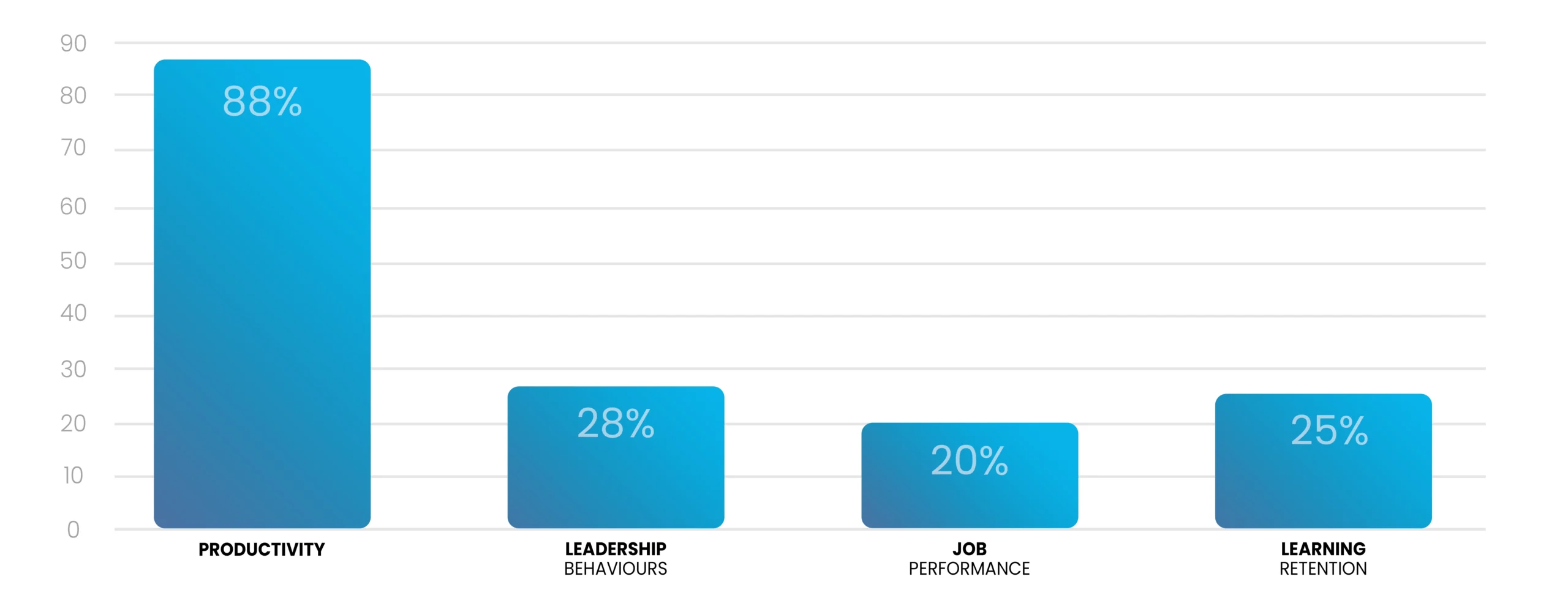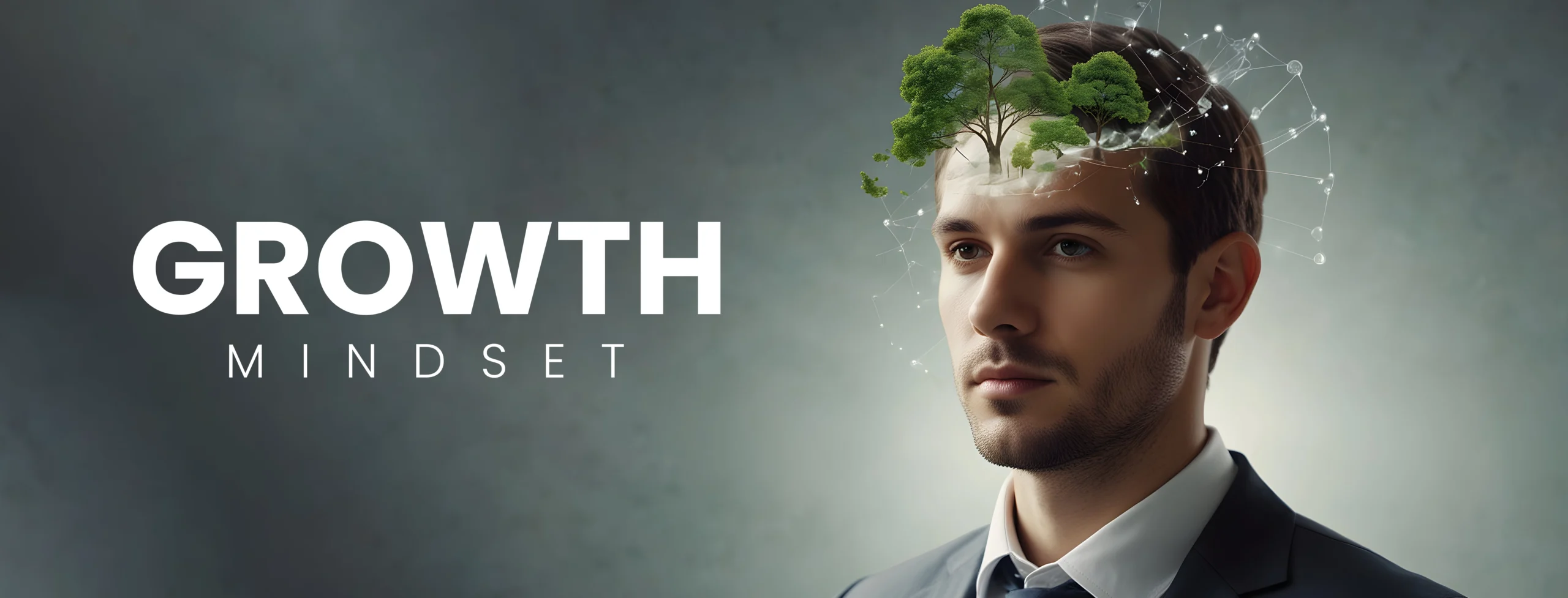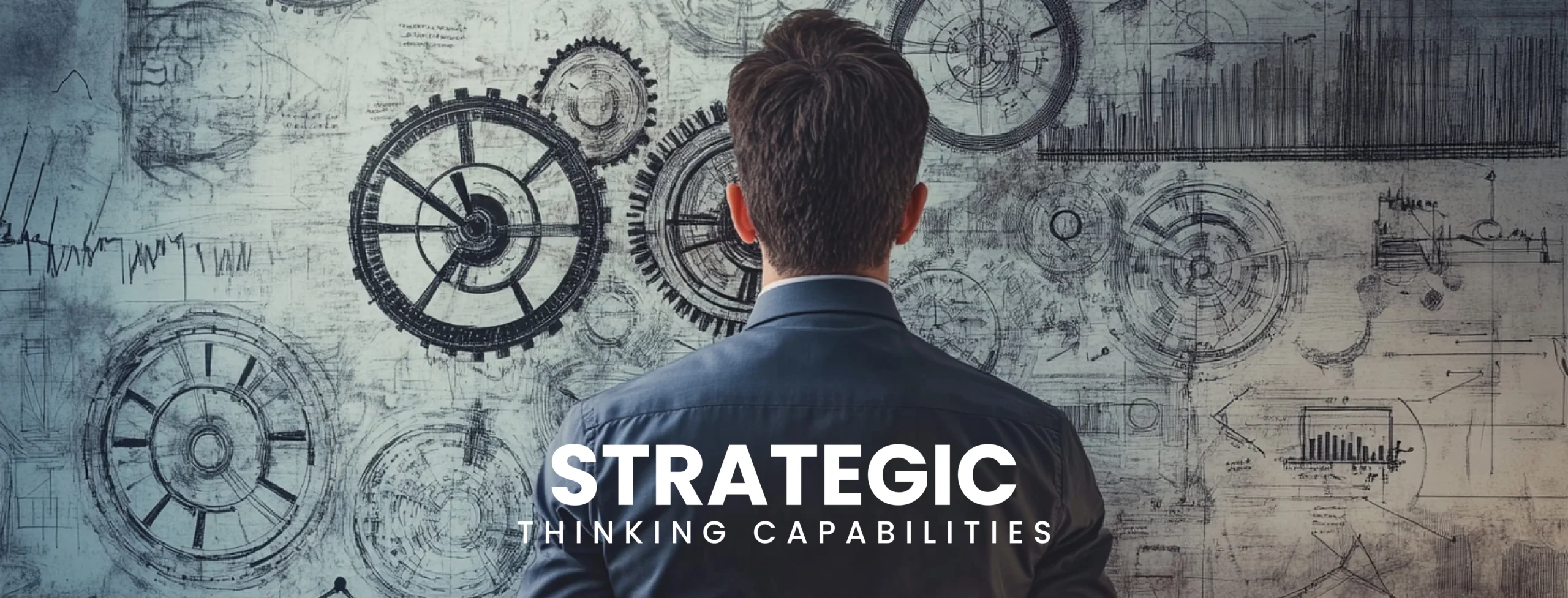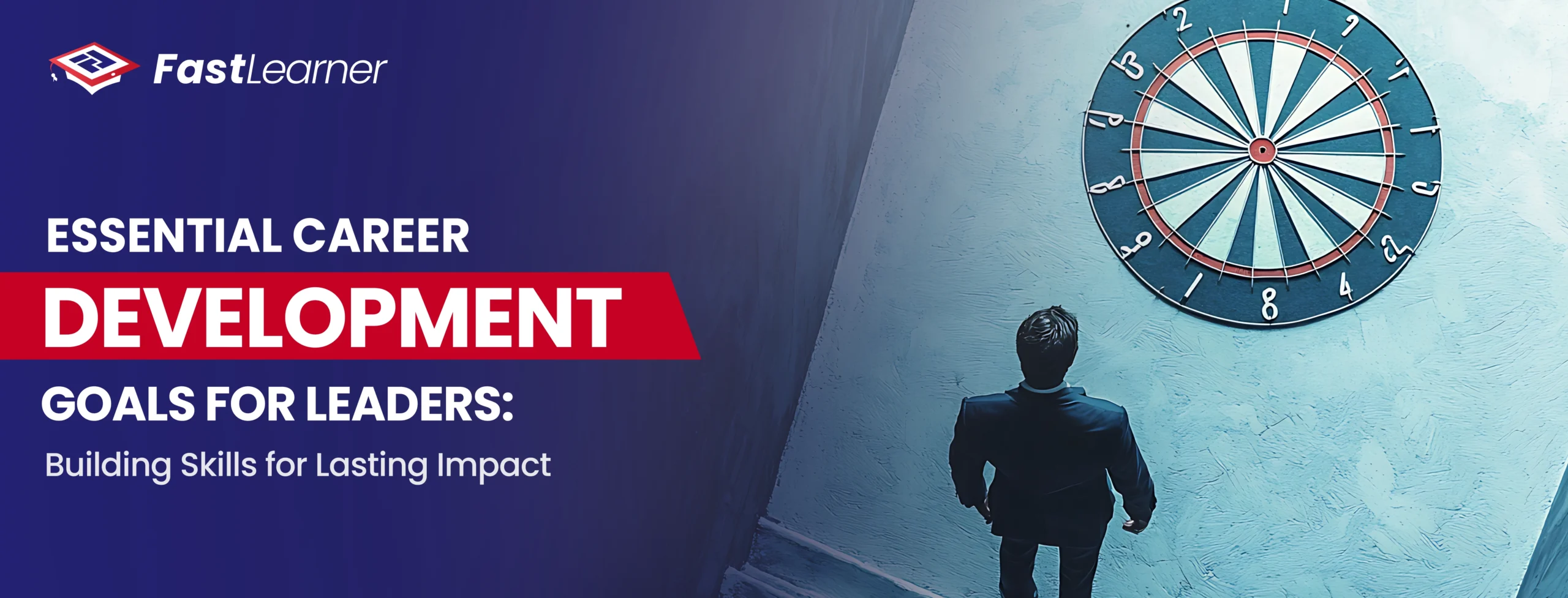In today’s dynamic professional landscape, effective leadership isn’t just about managing teams but about continually evolving and setting vital career development goals for leaders. These goals shape not only the leaders themselves but also the teams and organizations they inspire.
Essential career development goals for leaders to build lasting skills are critical for focusing on personal and professional growth and creating a lasting impact through deliberate and well-crafted leadership development goals.
Setting clear development objectives for leaders is crucial for sustained success and for promoting a culture of resilience and innovation.
Essential Career Development Goals for Leaders: (A Brief Overview)
- It is essential to set intentional career development goals for leaders to drive growth and lasting impact.
- To cultivate emotional intelligence to improve team dynamics and build trust.
- Techniques for enhancing communication and decision-making skills for effective leadership.
- The benefits of adopting a growth mindset and maintaining a work-life balance.
- Steps to develop coaching and mentorship skills to foster team potential.
- Strategies for building a long-term vision and improving conflict resolution abilities.
- Approaches to strengthening strategic thinking for future-oriented leadership.
- Creating a personal development plan to align personal growth with organizational goals.
Why Setting Career Development Goals for Leaders Matters
Achieving impactful leadership requires intentional development actions for leaders, focusing on goals that boost their skills and influence.
Setting a solid personal development plan for leadership allows leaders to assess where they are, where they need to be, and how to get there.
According to Research.com, studies show that leadership training has a tangible impact on performance: Participants experience a 25% improvement in learning retention and a 20% boost in job performance, highlighting that effective programs focus not only on leadership theories but also on practical, workplace-ready skills.
Furthermore, these training participants demonstrate a 28% increase in positive leadership behaviors and an 8% rise in their team members’ performance. Notably, public sector managers who engaged in executive coaching following leadership training reported an impressive 88% increase in productivity.

By aiming for clear, actionable leadership career goals, leaders cultivate skills that benefit their entire organization through better communication, decision-making, or strategic thinking.
The AI-based eLearning platform FastLearner provides exclusive courses by top professionals that can help you cultivate a working environment where every professional can learn and enhance skills to become a leader one day.
You can also improve your knowledge by reading an article on the FastLearner blog on enhancing career development.
Let’s explore the key developmental goals for leaders that foster personal growth and drive organizational success.
1. Cultivate Emotional Intelligence

Emotional intelligence (EI) is a cornerstone of effective leadership. Leaders who excel at managing and understanding others’ emotions are better equipped to handle stress, make balanced decisions, and inspire team loyalty. A high EI fosters empathy and open communication, creating a supportive work culture.
Developmental Goal Action: Take assessments to understand your EI level, conduct regular feedback sessions with peers, and practice active listening techniques. Emotional intelligence, a critical part of personal leadership goals, enhances interpersonal relationships and team dynamics.
2. Enhance Communication Skills

Communication is one of the most valuable development goals for leaders. Leaders who articulate their thoughts clearly and promote transparent dialogue build trust, prevent misunderstandings, and ensure team alignment with organizational goals. Effective communication is vital for conveying expectations, feedback, and vision.
Developmental Goal Action: To refine your public speaking abilities, join a public speaking club, like Toastmasters, or take communication-focused courses on FastLearner. Regular practice and active engagement in team meetings can reinforce this skill, enhancing your influence and rapport with your team.
3. Embrace a Growth Mindset

A growth mindset is essential for leaders who want to excel and inspire their teams to reach new heights. Leaders with a growth mindset are more likely to take on challenges, learn from mistakes, and embrace continuous improvement.
Developmental Goal Action: Set professional development goals for leadership by challenging yourself with new projects or courses. Regularly reflect on feedback and mistakes as opportunities to learn. This mindset is vital for long-term success and adaptability.
4. Strengthen Decision-Making Abilities

Decision-making is a fundamental skill for leaders, impacting all areas of an organization. Leaders with sharp decision-making abilities make faster, better-informed choices, keeping their teams agile and aligned.
Developmental Goal Action: Practice structured decision-making techniques like SWOT analysis, risk assessment, and prioritization frameworks. Engaging in decision-making exercises or simulations can help refine these skills and make you more confident in high-stakes situations.
5. Set Personal Development Goals for Work-Life Balance

Achieving a balance between professional and personal life is vital for sustainable leadership. Leaders often face burnout, which impacts their performance and ability to inspire their teams. Leaders with well-defined personal development goals for work-life balance are likelier to maintain energy, focus, and passion in their roles.
Developmental Goal Action: Establish boundaries, delegate tasks, and take time for regular self-care activities. Incorporate mindfulness and stress-reduction practices, like meditation or exercise, into your routine to prevent burnout and maintain a clear mind for decision-making.
6. Develop Coaching and Mentorship Skills

Mentorship is an impactful way to shape your organization’s next generation of leaders. Leaders who invest in developing coaching skills empower their teams to reach their potential, fostering a culture of growth and support.
Developmental Goal Action: Start a mentorship program within your team or organization. Attend workshops on coaching and mentorship or join peer coaching groups to share experiences and enhance your skills.
7. Craft a Long-Term Vision

A leader with a vision can rally people around a common purpose, inspiring outstanding commitment and innovation. This development objective for leaders focuses on creating a roadmap for the future, guiding decisions and priorities.
Developmental Goal Action: Spend time outlining your personal and organizational visions and communicate them regularly. Set clear steps to achieve these goals and periodically review your progress to stay on track. A long-term vision gives your team a sense of purpose and direction, increasing motivation and productivity.
8. Improve Conflict Resolution Skills

Conflict is inevitable in any team environment, but leaders who manage and resolve disputes effectively foster a more positive and productive workplace. This leadership development goal emphasizes building negotiation and mediation skills.
Developmental Goal Action: Take conflict management courses, practice active listening, and approach conflicts with empathy. Building conflict resolution skills not only helps manage disagreements but also enhances your team’s respect and trust in your leadership.
9. Build Strategic Thinking Capabilities

Strategic thinking is about seeing the big picture and planning for the long term. Leaders with strong strategic thinking skills can anticipate challenges, create innovative solutions, and steer their teams toward future success.
Developmental Goal Action: Engage in scenario planning exercises, read extensively on industry trends, and work with mentors to refine your strategic approach. Strategic thinking as part of leadership career goals can position you as a forward-thinking leader prepared to adapt and thrive in a competitive landscape.
10. Create a Personal Development Plan for Leadership Growth

A structured personal development plan for leadership is a roadmap that outlines the skills and milestones you wish to achieve over time. This plan helps leaders focus on continual improvement, ensuring growth that aligns with personal aspirations and organizational needs.
Developmental Goal Action: Set SMART (Specific, Measurable, Achievable, Relevant, Time-bound) goals tailored to your leadership journey. Regularly revisit this plan to track your progress and adjust as needed, ensuring you stay aligned with your vision and growth trajectory.
Essential Career Development Goals for Leaders – In a Nutshell
Setting intentional career development goals for leaders is essential for anyone aiming to create a lasting impact and drive meaningful change. By focusing on personal and professional development, leaders can build skills that benefit their careers and uplift their teams and organizations.
From enhancing communication and emotional intelligence to building strategic thinking and mentoring abilities, these development goals for leaders provide a foundation for growth, resilience, and long-term success. By setting, tracking, and achieving these essential development goals, leaders can ensure they are equipped to handle the challenges of today’s fast-paced world and lead their teams with purpose and impact.
Let these essential career development goals for leaders guide your journey, nurturing a legacy of growth, innovation, and excellence.
FAQs About Career Development Goals For Leaders
What is an example of a leadership development goal?
Improve communication skills by practicing active listening and delivering clear, concise messages in meetings.
What are the top 3 development needs as a leader?
- Enhancing emotional intelligence
- Building decision-making skills
- Strengthening team-building and delegation abilities
What are the 5 E's of leadership development?
Education, experience, exposure, empowerment, and evaluation.
What are the four goals of leadership, and how will you implement these goals in your institution?
- Inspiring a vision: Communicate a shared mission clearly to align team efforts.
- Building trust: Foster an open, transparent environment.
- Encouraging growth: Provide resources for skill development and mentorship.
- Driving results: Set measurable objectives and track progress consistently.
What are the 5 SMART goals?
The 5 SMART goals are Specific, Measurable, Achievable, Relevant, and Time-bound objectives that help leaders set clear, actionable development goals for lasting impact.



